Economic perspectives of GST from Service tax
Economic perspectives on Taxation:
Economic perspective of tax is a compulsory payment made by citizens to their government. The question as to why do the government need taxes is related to the legitimate functions of a government. Instead of looking these functionalities GST registration and its payments are making great confusion in the current Indian market. The systematic overview of modern economy and various economic perspectives directly play their roles. The basic fact of economic life is that resources are not unlimited. Since there are not enough resources to produce all goods the people want to consume. It is necessary one that people use the alternative resources.
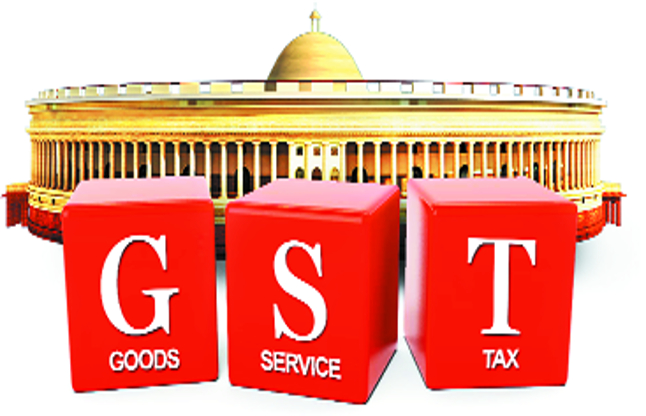
Contemporary economies have element of consumption and production. Both these elements are Predominance the total system of taxation. To fulfil its role of providing public goods, achieving a desirable income distribution and stabilization government need the revenue in its hand. So, the revenue receipts of the government consisting taxes, charges and profit of public enterprises and borrowings. It indirectly involves with the future liability of the private sector. Taxes are classified in different ways. Income tax, GST, Corporation tax, Consumption tax and service tax are the common types of taxations prevailing in India.
Economic perspectives and effect of taxation:
For the fact of simplicity the effect, the effect of taxation at micro level can be classified as income tax effect and substitution effect. The income tax effect refers to the fact that the effective total income of the tax payer reduces as the result of the tax. Substitution effect is directly relating to the GST registration. It is the tax method imposing on the activity of the product. General lump-sum tax would cause only an income effect. The selective percentage of tax on the product and add total effective income. A similar argument applies to a tax on wage incomes. The alternative to work is leisure. Thus a tax on income not only reduces the income and more attractive leisure.
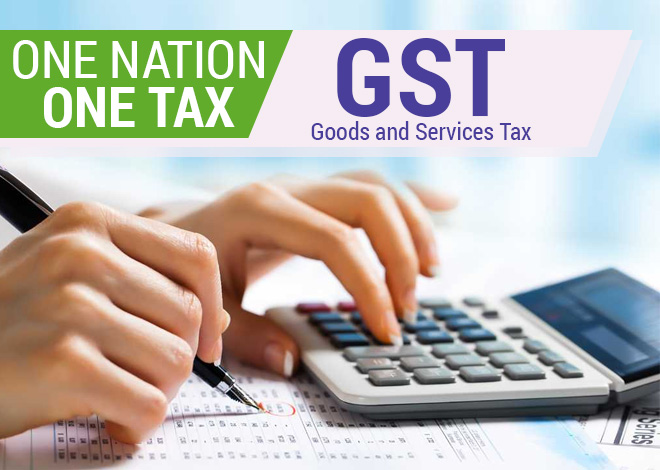
A tax on consumption would similarly distort the choice between present consumption and saving. Uniform taxation across the board or nation will cause the less distortion. This is the integral part of origin of GST in India. For rising the same amount of revenue and lesser rate are for both goods and services. Imposition of tax raises the price. Through the demand and supply equilibrium, the production of the product which has been taxed will reduce. The burden of tax will be shared between the sellers and buyers. The ration of the GST is characterised with the demand of the good and its supply.
Economic perspectives of budget:
For every economic entity there are two sides of faces in finance. One is receipt side and other one is expenditure side. This is common to the government functionality too. The annual budget of the government is documenting with proper estimation. Taxes are the major source for the funds of the government more than 60% of the government receipts. These tax funds are contribution through excise duties, custom duties, corporation tax and gst filing. Moreover, indirect taxes have been a major source of revenue comparing to the direct tax. That’s why the revolution of the Goods and Service tax origination in the business market. There are various reasons also bounding into this situation.
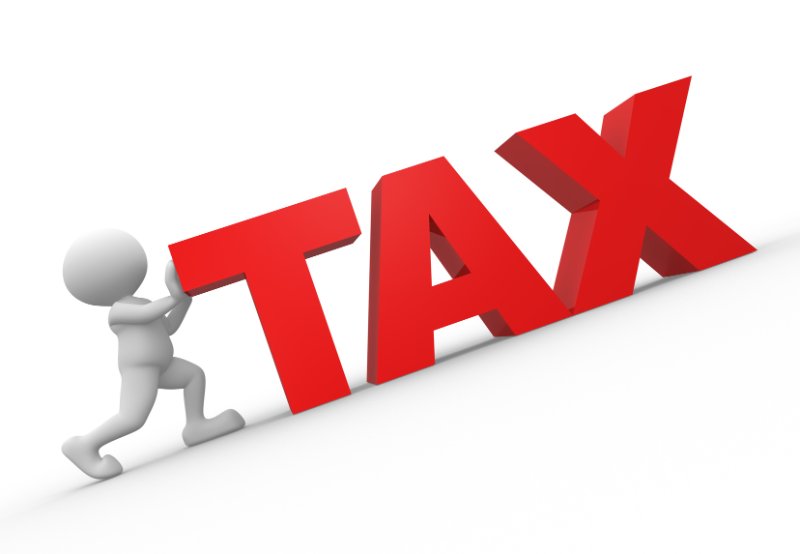
Comparing to the individual income tax, the excise duties and custom duties have distinct feature of long tax. This makes enforcement of indirect tax laws much more straight forward than the income taxes. Proper documentation lacking is more accentuating in the self-employed and individual sectors. Indian economy is liberalizing one. The governing functionality of both direct and indirect taxes are integrating one with the global economy. The reductions of rates are in the duty with greater uniformity of GST across all classes commodity.
Constitution and Taxation:
Consequently, constitution makes elaborate provisions to regulate the power of taxation. It is common one for both central government and state government. As per the law prohibition no tax shall be levied or collected except the authority of law. Generally, central government cannot impose any tax unless it has been authorized by the parliament act. GST registration and provisions are made obligatory through the parliamentary act. To avoid conflict between the centre and state the taxations are dividing into the constitution list. Taxes in the centre’s jurisdiction are:
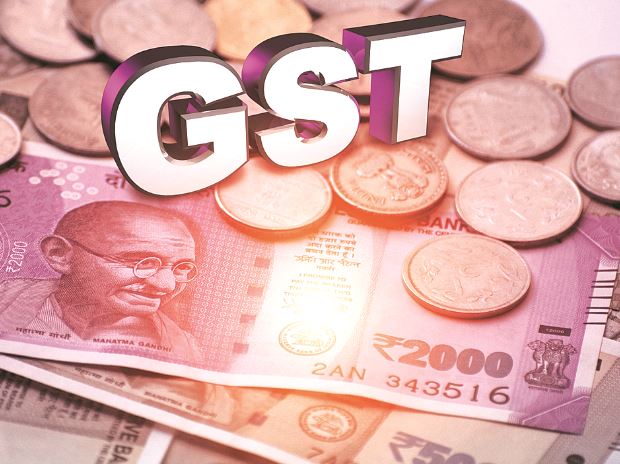
Tax on Income except the agricultural field.
Duties of custom include export duties.
Duties of excise except on alcoholic liquors and narcotics.
In fact, taxes on capital value on the asset, exclusive of agricultural land.
Estate duty in respect of property other than agricultural land.
Terminal taxes on goods and passengers carried by railway, sea or air.
Obviously, taxes other than stamp duties in respects of bills of exchange.
Hence, taxes on the sale or purchase of goods other than newspaper.
Taxes on consignment of goods take place in the course of inter-state or commerce.
Stamp duties on transaction in stock exchanges in share market.
Economic perspectives evaluation of service tax:
Even though, service tax in India came into the force from 1st July 1994. The legal provisions of service tax are incorporating under finance act. Sales tax calculation is easy one. The tax payer easily knows the how much amount he will pay as a tax. As the GST registration is follows the simple way. HSN codes are determining the tax value and other consumptions of returns. As per the essential market of service the GST rates and slabs are variable one. The basic structure of annual budget is important one with the service tax in India. The common difference between the sales tax and GST are the form of value added taxation following in the filing process.
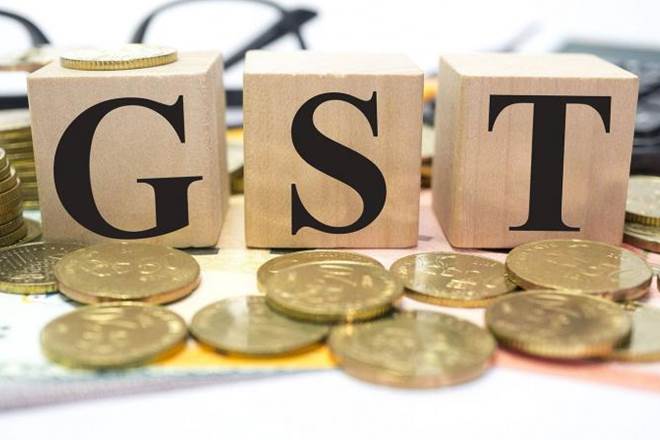
For instance, to resolve all the common issues and making the unified tax system GST system get more welcoming applause. The abolishment of complex sales tax system is arriving through the replacing of GST. For the purpose of administrating the indirect taxes number of zones are arranging under the charge of Chief Commissioner. Central Board of Direct Taxes (CBDT) and Central board of Excise and Customs (CBEC) are helping with the GST commission. Purchase or sale of any goods and services are perfectly regularising through GST amendments. Except the agricultural activities other activities of business are coming under the zone of GST.
Economic perspectives of GST Return:
Incidentally, GST registration is following the important process of GST return filing. As per GST law, the tax authority need to look the categories of purchase, sales, output GST and Input tax credit. The output tax credit is calculating on the basis of sales from the goods and service supply. Simultaneously, the input category of the GST is calculating through total purchase made by the goods and services. For the convenience purpose service taxes are centralising through the new version of the GST. Instead of having different jurisdictional divisions GST commission is the common one for all over India. Sub classes of the tax system particularly in service taxes are removing through this GST system.
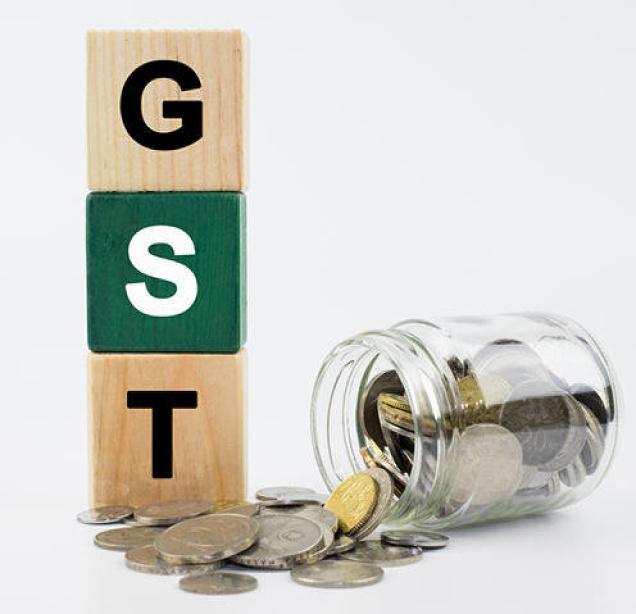
Simultaneously, the rapid GST councils are conducting from time to time. Obviously, GST is the revolutionary aspect in the golden pages of Indian economy. The plenty number of GST councils are conducting to resolve the issues of GST application in business. As per the prediction, 31st GST council will be conducting on the matter of anti-proofing authority using for GST registration process. Although, GST registration takes Aadhaar is the central proof for the registration process. Not only GST but also other crucial registrations and government subsidiaries are require the basic proof of Aadhaar as the essential proof.
Economic Perspectives for 35th Council of GST:
As per the announcement, Penalties on GST registration and other late filing are unstable one. To ease the process the Quarterly, Half-yearly GST filings are introduces for the business entrepreneurs. But if the pick the option of quarterly, they are follow the submission with uniformity. The sudden shift from the 3 months to 6 months is not possible in the GST filing. GST registration comes in the long queue, the extension period for filing and registration is still now going on. Generating of e- way bills are flexibly helpful one for the transportation of goods. Lottery is consistently getting importance in this GST council. State organised lottery will get the GST of 12 percentages from 28 percentages.
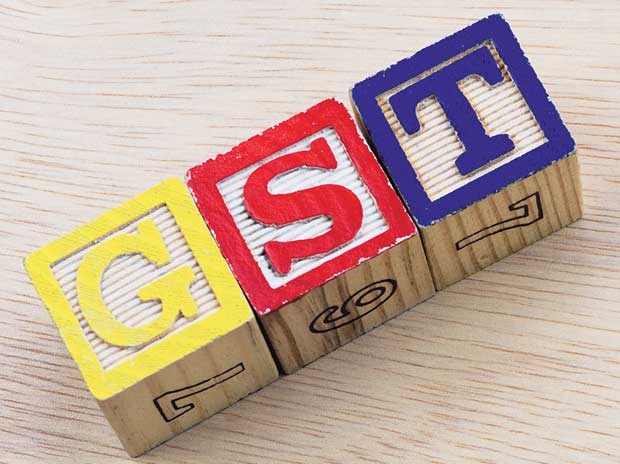
GST council following much more ethics and principles the need of simplification of GST rules and rationalisation of GST acts. Revenue implications are not getting any significant implications in the manufacturing. Especially, e-vehicle manufacturing is increasing with 12 percentage GST to 18 Percentage. Before GST India is not a common market. Economic perspectives of VAT calculation following with different manner in each state. After the approval of the GST common economic market is possible. To get equal growth Goods and Service taxes are inevitable. Extra revenues for the states are getting it from their IGST.
Conclusion:
Although, the starting of exemption for the small scale business industries are getting the 20 lakhs are the lowest turnover. This statement encourages the improvisation of small business. To increase their market with the formal economic perspectives GST registration is the most important platform. Already registered big businesses are sustaining their position as same manner without any heavy change. Small business is well growing in this era. Collectively, 70-80% of the growth is expecting through this massive change.
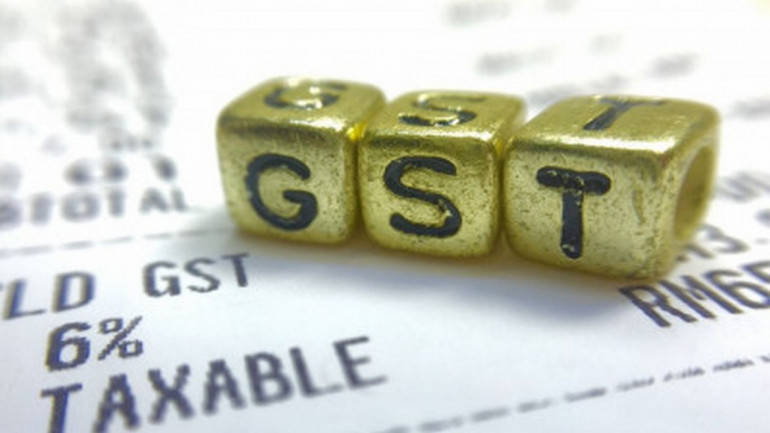
Note:
Solubilis is the central place where you can get private limited company registration to company secretarial services. The central hub is functioning to resolve all business relating issues. Expertise company secretaries and cost manger will assist you to get the fast and best service!!!
